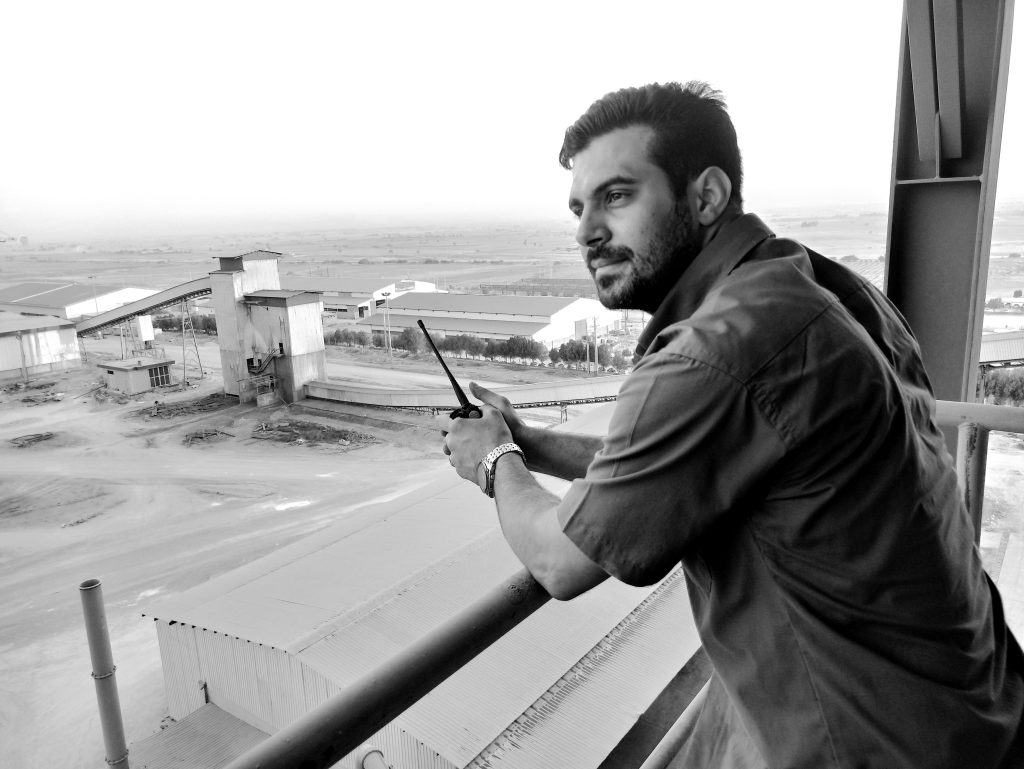In a dramatic escalation of tensions in the Middle East, Iran has firmly declared its intention to retaliate against Israel for the assassination of Hamas’ political leader, Ismail Haniyeh, which occurred in Tehran last week. Iranian officials have made it clear that this event will not go unanswered, with President Masoud Pezeshkian stating unequivocally that Tehran will ‘definitely’ respond to what they perceive as an aggressive act by Israel.
This incident has sent shockwaves through the region, as both Hamas and Iranian authorities hold Israel accountable for the killing. The situation is particularly precarious, with analysts warning that the threat of an Iran-Israel war looms larger than before. The dynamics have shifted since Iran’s first direct attack on Israel earlier this year, suggesting a potentially more volatile environment in which both nations are now operating.
The assassination has heightened fears of a broader conflict, and Israeli Prime Minister Benjamin Netanyahu has convened his security cabinet to discuss possible counterstrikes. The atmosphere in Israel is tense, with citizens acutely aware of the risks that this retaliation might entail. Many are left watching and waiting, bracing for a response that could further destabilize an already fraught region.
Recent statements from Iranian officials have underscored the seriousness of their intentions. They have issued warnings that the response will come at a time and place of their choosing, with military analysts suggesting that Iran has a range of options at its disposal. The last two weeks have seen an unprecedented escalation of events, raising alarms among security experts about the potential for a major regional conflict that could draw in various factions and escalate beyond the control of either nation.
As tensions mount, the international community watches closely, aware that any miscalculation could lead to a broader conflagration. Iran’s vow to retaliate signals a pivotal moment in Middle Eastern geopolitics, one that could redefine alliances and hostilities in the region. The stakes are undeniably high, and the potential repercussions of this conflict could resonate far beyond the immediate actors involved. The coming days and weeks will be critical in determining whether diplomatic efforts will prevail or if the cycle of violence will continue unabated.
In summary, the assassination of Ismail Haniyeh has sparked a significant response from Iran, which has vowed to retaliate against Israel, raising the specter of a wider conflict in the region. As both sides prepare for possible escalations, the world holds its breath, hoping for a resolution to this dangerous standoff.

